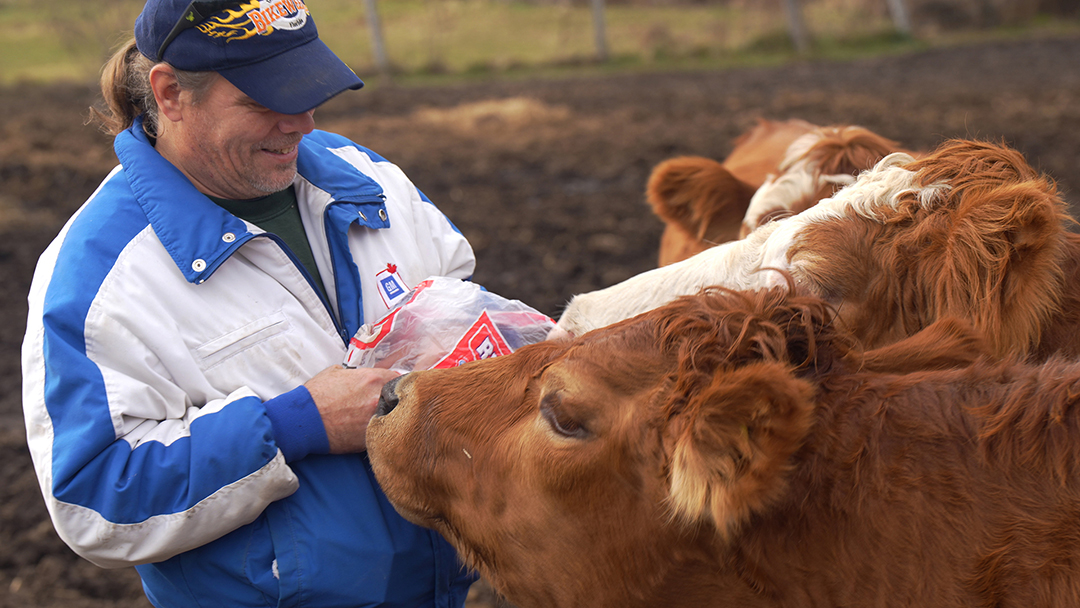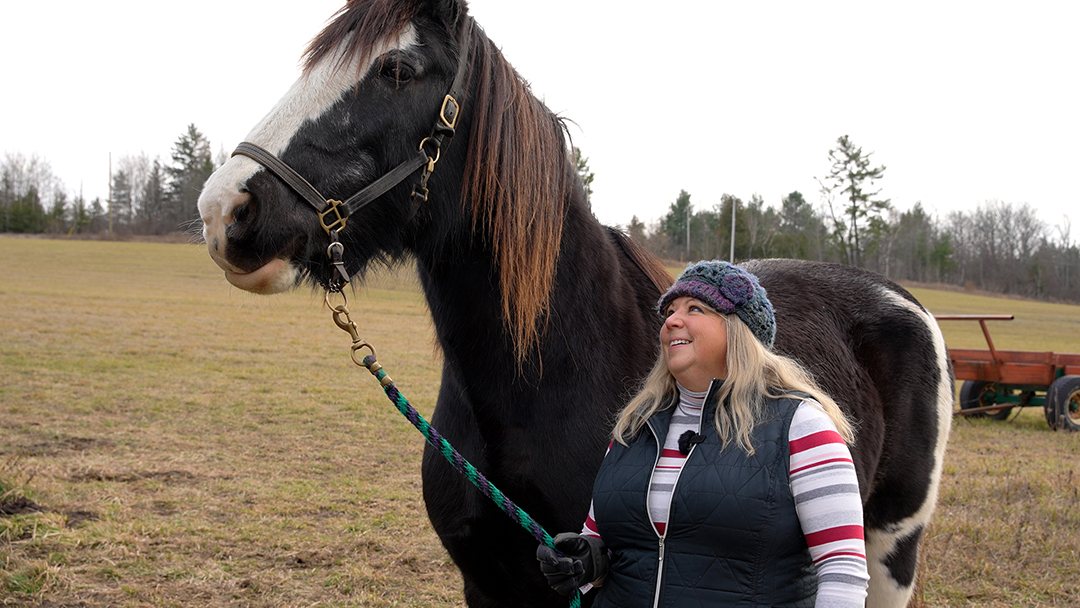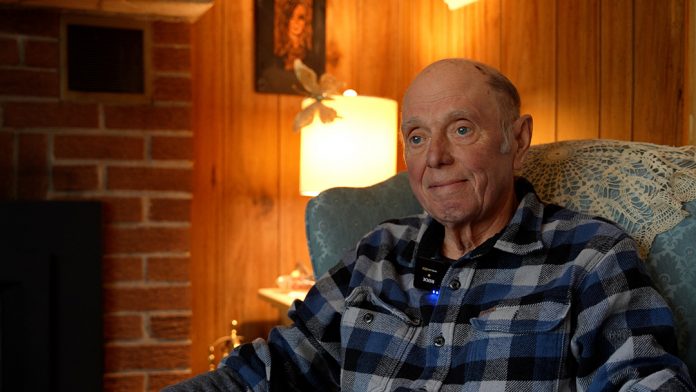For two centuries, the Jones family has farmed their land just outside Castleton, Ont., a legacy now facing an uncertain future.
Their ancestors, originally from Wales were part of the British colonial expansion. Their initial mortgage was not monetary but a commitment to clear the dense forests and transform the land into productive farmland.
Generation after generation, they grew peas, corn, soy, hay, tobacco and raised pigs, cows and chickens.
But today, the future of their farm – their centuries of family lineage in the area – is in jeopardy. Wayne Jones is 75, and he’ll likely be the last Jones to farm the land.
“When my dad passes on, all of this will most likely come to an end,” said Jennifer Jones, 52. “We don’t have children that will take over and we don’t really have cousins that are into it like we all used to be at one point.”
The Jones family isn’t alone. Farmers in Durham are getting older, and few have plans for what happens to their land when they move on.
A 2021 Statistics Canada survey found 54 per cent of farmers in Canada do not have a succession plan in place.
And many farmers are approaching retirement. Allison de Vos, the agriculture development specialist with Invest Durham, said the average age of Durham’s farmers is “in the high fifties.”
“In the next ten to 20 years, we’ll see a lot of these people retiring,” she said. “We want to see continuation of their farm businesses. So, engaging the younger generation will be really important and there’s challenges and opportunities with doing that.”
For the Jones family, farming was “normal,” so they never made a formal plan for succession, according to Wayne.
“I never really thought that much about it,” he said. “I thought that there were enough family members involved that maybe some one of them would take it over or something.”
Wayne said it was also normal for the younger generation to help with farming as they grew up.
He said, “It’s just, the family’s there and somebody’s got to do it.”
Wayne said he started helping his dad milk cows when he was six, and never stopped helping. When he was 17, he started working at a nearby factory full-time, but he would still come home to do farm work with his dad.
He said health complications made his dad step back, so Wayne and his brother took over most of the operations.
“His back gave out,” he said. “For a while he could hardly move. And then it started to get better. But he never really went back. He couldn’t drive the tractor and combine, that sort of thing. His body wouldn’t let him.”
Jennifer said she started helping when she was twelve, taking care of the animals, and her brother Brent would help with the machinery. 
“When I was a little girl, it was just very common to go to the barn with my dad and help my grandpa,” she said.
But Jennifer said she doesn’t see many young people getting into farming.
“There just hasn’t been the interest from that younger generation,” she said. “I think a lot of young people look at farming as a lot of labour work, and there’s a lot of them that don’t really want to get into that anymore.”
Brenna Bizley, the partnership manager at Durham Colleges’ Barrett Centre of Innovation and Sustainable Urban Agriculture, said her team is working to grow farming literacy in urban communities.
Bizley said the centre is running workshops with high schools at their urban farm in Ajax, Ontario to introduce young people to work opportunities in farming.
“One of the things that we’re hoping to do with urban agriculture is demonstrate the career opportunities that exist in and around agriculture,” she said. “We’re increasing awareness around growing food. We’ll hopefully then help to educate youth about future careers that they may not have thought of.”
“Then maybe down the road, they’re potentially interested in picking up a larger scale farm and getting into the business”
But the cost of running a full-scale farm is a barrier, according to Wayne.
“It’s going to be awful tight by the time you buy some machinery,” he said. “My parents gave me the property for all the years that I had had worked on the farm. If that hadn’t happened, I probably wouldn’t even be here.”
When Wayne’s dad passed, he split the farm into plots, giving Wayne his current 50-acre farm on the southeast corner of Jones Road, according to Jennifer.
Then, when Wayne’s brother died, he passed his 100-acre lot to his three children, but Jennifer said they plan to sell.
“I do expect it will probably be sold in order to be divided amongst my cousins,” she said. “I don’t know that any of them are really interested in farming.
“At today’s prices, I expect it would be very difficult for one to buy out the other two. I don’t envy them. I think they’ve got a big job ahead of them.”
At 75, Wayne said things “could change fast” with his health and the future of the farm. Jennifer and Brent are in their fifties, and neither of them are married or have children.
“Because of my age and his age and there’s no one to take over from there,” Jennifer said. “My brother may decide that he wants us to sell the place, or we might collectively decide that that’s what we’re going to do.
“It’s almost [as if] the Jones dynasty is kind of coming to an end. Not that it was a big elaborate thing to start with, but I feel very blessed to have been able to have grown up on a farm to understand the value of animals and hard work.”
“It’s been a part of the Jones family for centuries, so to kind of see it taken apart is sad.”




